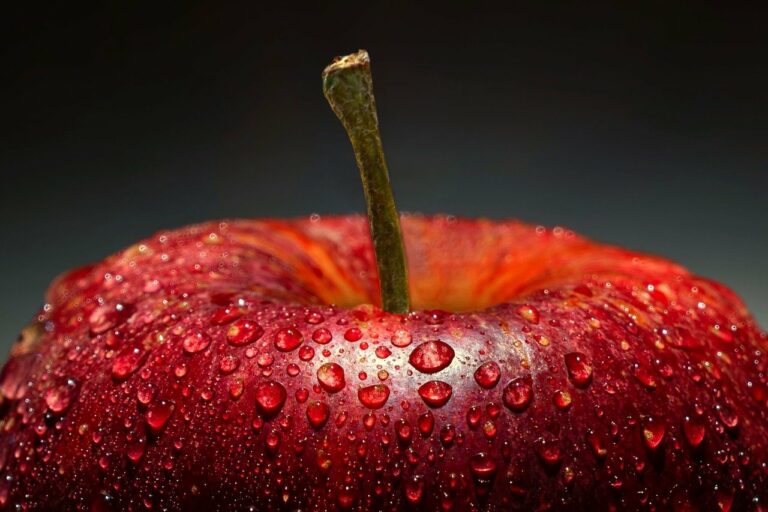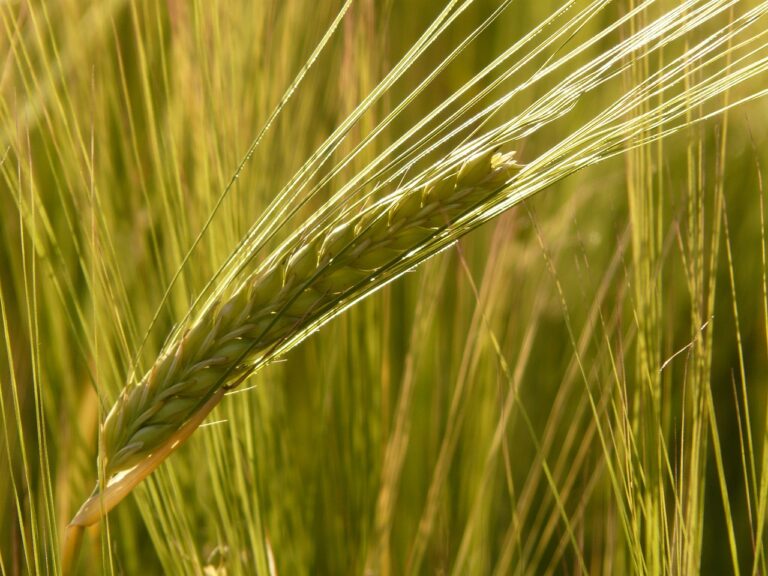The Role of Aquaculture in Conserving Marine Resources
betbook250 login, reddybook id, playlotus365:Aquaculture, also known as fish farming, plays a crucial role in conserving marine resources around the world. With increasing global demand for seafood, the sustainable management of our oceans is more important than ever. Aquaculture provides a way to meet this demand without putting further strain on wild fish populations. In this blog post, we will explore the role of aquaculture in conserving marine resources and why it is essential for the future of our oceans.
The Importance of Aquaculture
Aquaculture is the farming of fish, shellfish, and aquatic plants in controlled environments. By cultivating seafood in this way, we can reduce the pressure on wild fish populations and protect marine ecosystems. With over 90% of the world’s fish stocks either fully exploited or overexploited, aquaculture provides a sustainable alternative to harvesting fish from the ocean.
Furthermore, aquaculture can help to reduce the environmental impact of fishing. By producing seafood in a contained environment, fish farms can control factors such as water quality, feed inputs, and waste management. This can lead to a more efficient use of resources and a lower impact on marine habitats.
Types of Aquaculture
There are several types of aquaculture, each with its own benefits and challenges. These include:
1. Finfish aquaculture: This involves the farming of fish such as salmon, tilapia, and trout in floating cages or ponds. Finfish aquaculture is one of the most common types of aquaculture and accounts for a significant portion of the seafood produced worldwide.
2. Shellfish aquaculture: This includes the farming of shellfish such as oysters, mussels, and clams in coastal waters or on land-based facilities. Shellfish aquaculture is an important industry that provides jobs and economic opportunities in coastal communities.
3. Seaweed aquaculture: This involves the cultivation of seaweeds such as kelp and nori for food, biofuels, and other products. Seaweed aquaculture is a sustainable practice that can help to improve water quality and provide habitat for marine species.
Challenges and Opportunities
While aquaculture has many benefits, it also faces a number of challenges. These include issues such as disease outbreaks, pollution, and habitat degradation. However, with proper management and regulation, these challenges can be addressed to ensure the long-term sustainability of the industry.
Aquaculture also presents opportunities for innovation and growth. Advances in technology, such as recirculating aquaculture systems and genetic improvement, can help to increase efficiency and reduce environmental impacts. Additionally, the diversification of species and products can create new markets and economic opportunities for aquaculture producers.
The Future of Aquaculture
As the global population continues to grow, the demand for seafood is expected to increase. Aquaculture will play a key role in meeting this demand in a sustainable way. By investing in research, technology, and best practices, we can ensure that aquaculture continues to contribute to the conservation of marine resources and the health of our oceans.
FAQs
1. Is aquaculture sustainable?
Aquaculture can be sustainable when managed properly. By monitoring water quality, controlling feed inputs, and implementing best practices, aquaculture producers can minimize their environmental impact and protect marine ecosystems.
2. How does aquaculture help to conserve marine resources?
Aquaculture reduces the pressure on wild fish populations by providing an alternative source of seafood. By farming fish, shellfish, and aquatic plants in controlled environments, aquaculture helps to protect marine habitats and ecosystems.
3. What are some of the environmental challenges of aquaculture?
Aquaculture faces challenges such as disease outbreaks, pollution, and habitat degradation. However, with proper management and regulation, these challenges can be addressed to ensure the sustainability of the industry.







